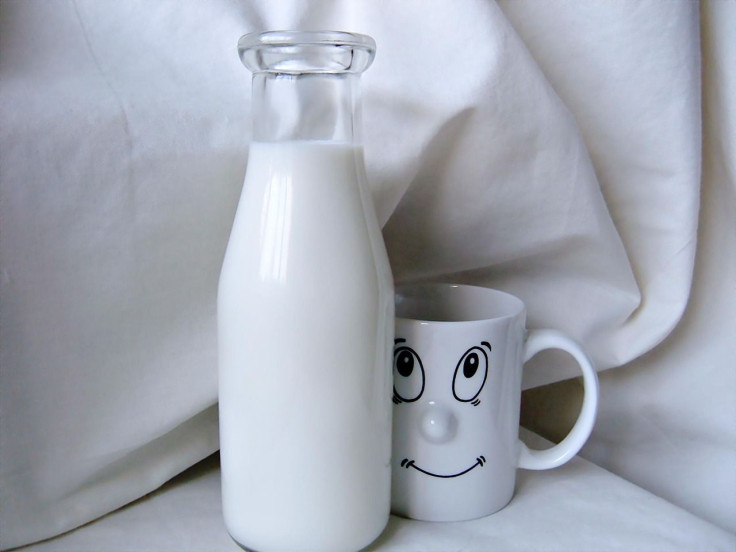Study: Full-Fat Milk Won't Make Your Child Obese

KEY POINTS
- Over 13.7 million children and in the U.S are obese
- According to Health experts, semi-skimmed milk helped prevent childhood obesity
- Per a new study, full-fat milk consumption not tied to childhood obesity
About 13.7 million children and adolescents have been suffering from obesity in the U.S., according to the Centers for Disease Control and Prevention (CDC). Health officials have been advising parents to pick semi-skimmed milk to prevent childhood obesity. But, a new study pointed out that full-fat milk will not cause obesity among children.
Although the NHS guidelines have suggested that young children might benefit from calories and essential nutrients in milk, they also added that it might be a good idea to opt for lower-fat milk since the fat content could result in obesity.
But, in the new review, the researchers have demonstrated that the results from 29 different studies conducted on individuals aged 2-18 years found that full-fat milk and dairy products didn’t lead to overweight/obesity in children. The effects on markers of heart diseases and diabetes risk including blood sugar, blood pressure, and cholesterol were also considered.
Their findings suggested that no studies linked full-fat milk consumption to higher weight or showed that swapping for lower-fat milk could reduce weight.
The results demonstrated the fact that children who consumed reduced-fat milk might eat more of other types of food to compensate for the lower calories in milk. And whatever they chose to eat or drink might explain what caused the increase in weight.
“Dietary guidelines in Australia and other countries recommend children primarily consume reduced-fat dairy products to maintain a healthy weight and good cardiovascular health. We found studies were consistent in reporting that whole-fat dairy products were not associated with increased levels of weight gain or obesity", Brinkwire mentioned the study’s lead author Edith Cowan University, associate professor Therese O’Sullivan.
The review concluded that there were no clear effects of milk intake on the bodyweight of both adults and children. For adults, there has been a negative association between milk consumption and health. While milk is recommended for strong bones, countries with the highest intake of milk and calcium have reported the highest rates of hip fractures.
The nutritional guidelines for 2020-2025 for children and adults in the U.S. will be released soon and until then the researchers suggest that parents discuss their individual family risk with their doctors to decide the role of dairy in their family’s diet, CNN mentioned.
© Copyright IBTimes 2024. All rights reserved.






















